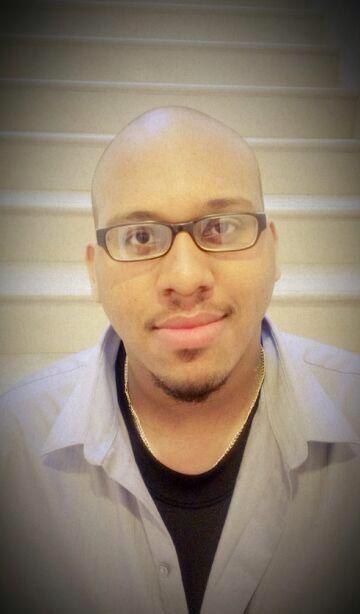Jason Craige Harris on Love as a Radical Act
By Jason Craige Harris
If viewed simply as saccharine or only as the affective pull between, say, two creatures, love loses its world-changing potency. If there is any hope that empires will crumble and that new ones won’t arise from the ruins; if there is any hope that Life-affirming ways of being will become more norm than anomaly, love must be more than its individualist manifestations. It must be an expressly political and creative force that enables us, as individuals and collectives, to seize Life with tenacity, to honor all life forms in our midst, and thereby to counteract the ways we have become addicted to death. Being socialized into lovelessness and its cultures of domination means that many of us unknowingly crave the death of an Other our soul refuses to welcome. Once we treat an Other as disposable, once we institutionalize that treatment in our cultural practices, we have surrendered to love’s absence. Capacious love, love that has substance, radically draws us out of ourselves, liberates us from anti-Life addiction, and enlarges our soul’s capacity to embrace. It asks us continually, “Where does your soul end? And how might you extend it?” Putting a demand on our imaginations, this love holds us accountable to a vision of the future that includes us all and to a politics of Life that will get us there. It inextricably links self-love and Other-love, recognizing the interdependent character of Life. Love is therefore difficult, challenging, demanding, unyielding, and gritty. Since it is a force, it cannot be owned, and its allegiance to Life cannot be tamed. Love leads. It calls to us incessantly. It nags. It agitates. It provokes. It refuses to let us go. How will we respond?
_________________________________________________________
 An educator, writer, and minister, Jason Craige Harris has expertise in religion, ethics, literature, and theory. He is the writing instructor at Friends Seminary (NYC) and the Strategic Operations Leader at Postcolonial Networks.
An educator, writer, and minister, Jason Craige Harris has expertise in religion, ethics, literature, and theory. He is the writing instructor at Friends Seminary (NYC) and the Strategic Operations Leader at Postcolonial Networks.


2 Comments